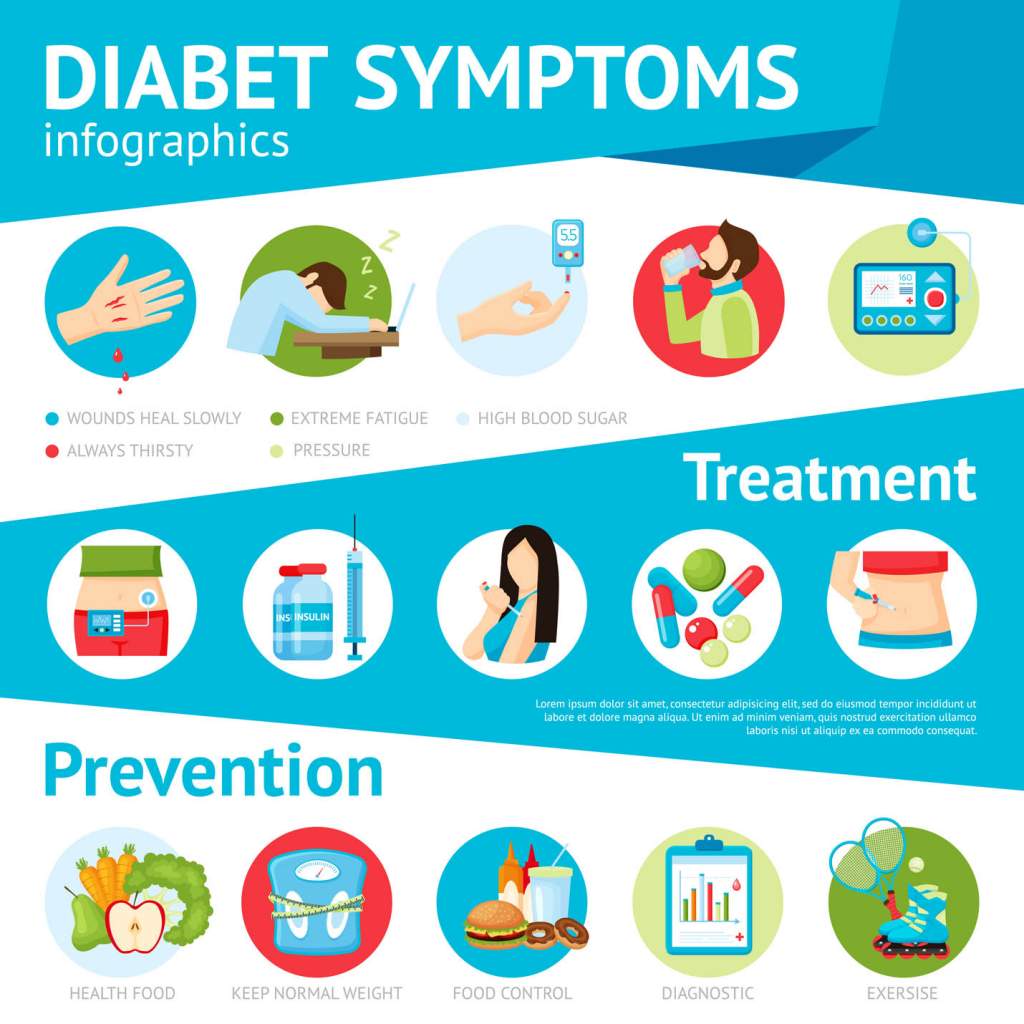Gestational diabetes is the term for high blood sugar occurring in non-diabetic women during pregnancy. As the condition usually develops toward the end of the second trimester, most women are asked to take a glucose tolerance test between the 24th and 28th week of pregnancy. Many women would never suspect that they had gestational diabetes without taking the test–gestational diabetes does not necessarily produce symptoms. There are, however, a few classic signs.
What is Gestational Diabetes?
Diabetes occurs when the pancreas is unable to either produce or properly use insulin. Insulin is a hormone produced by the pancreas that helps to direct glucose (sugar) from the bloodstream to the cells of our bodies, where it is used for energy. High blood sugar results when the pancreas fails to produce enough insulin, or stops producing it altogether. Gestational diabetes simply means that this failure of the pancreas has occurred during pregnancy in a previously non-diabetic woman.
Risk Factors
Certain women are more likely to develop gestational diabetes than others. This includes African-American or Hispanic women, women over the age of 30, obese women, and those that have diabetes in their family history. A woman may also be at increased risk if she had gestational diabetes in a previous pregnancy, has high blood pressure, has had a stillbirth or gave birth to a very large baby (over 9 pounds 14 ounces).
Symptoms
If a woman experiences any symptoms at all, she is likely to have excessive thirst, increased urination, and frequent bladder or vaginal infections. She may also experience blurred vision, fatigue, excessive weight gain or excessive weight loss. many of these symptoms coincide with ordinary pregnancy symptoms, so the only way to definitively know whether you have gestational diabetes is to take a glucose intolerance test.
Treatment
Gestational diabetes can be controlled through a diet high in fruits, vegetables, and whole grains. Maintaining a healthy weight, exercising and carefully monitoring glucose levels will also help keep blood sugar levels under control. In many cases, these diet and lifestyle changes will be enough, but in some cases, insulin injections may be required.
Possible Complications
Gestational diabetes can be dangerous if left uncontrolled. Untreated diabetes increases the risk of the fetus growing excessively large, developing low glucose at birth, or developing jaundice at birth. Uncontrolled gestational diabetes also slightly elevates the risk of stillbirth, or death after delivery.
